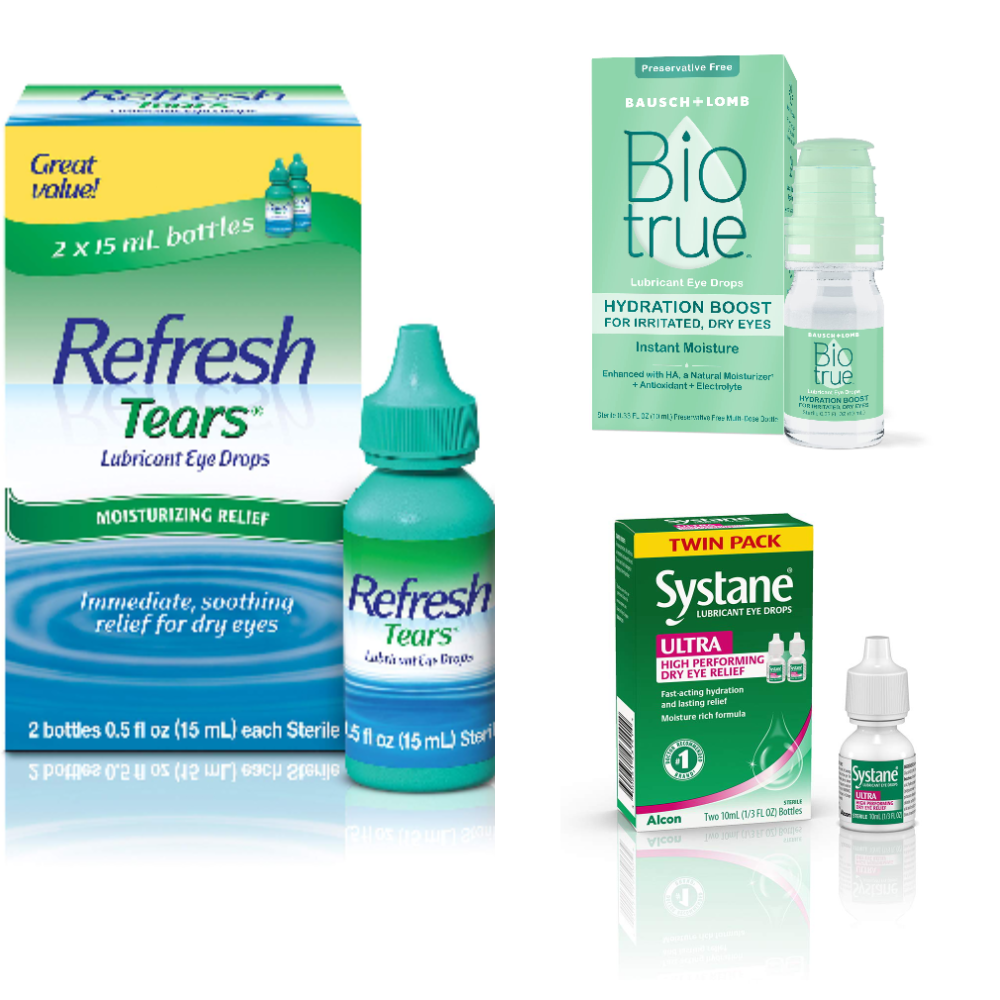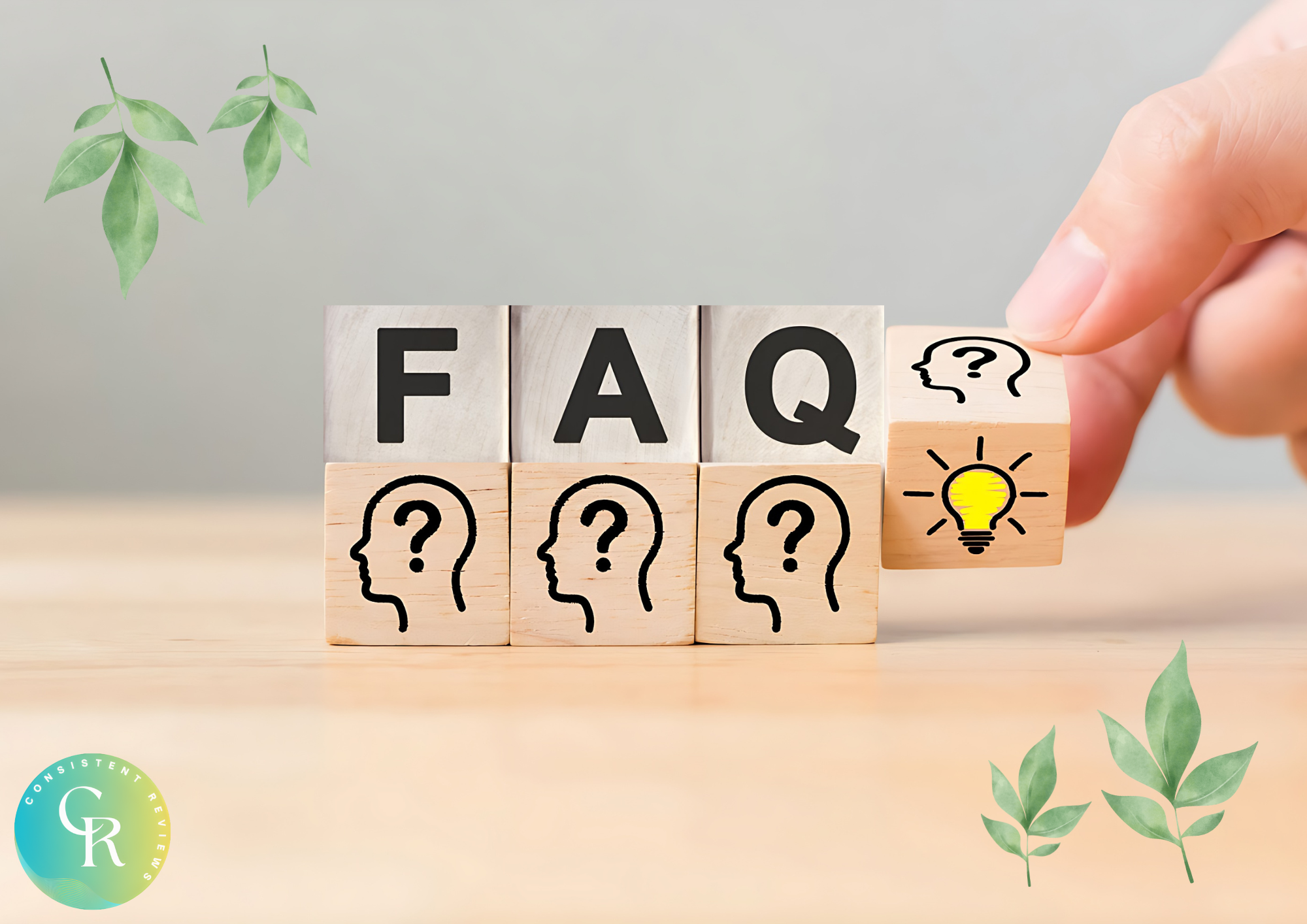Have you ever experienced an itch in the eye that just won't go away? It's a common problem, often related to allergies or wearing contact lenses. In this article, we'll explore the causes, symptoms, and management strategies for itchy eyes.
What Causes Itchy Eyes?
Itchy eyes can be triggered by a variety of factors. One common cause is allergic reactions to environmental elements like pollen or pet dander. These allergies can cause inflammation in the eye, leading to itching and discomfort. Seasonal allergies are particularly notorious for causing itchy eyes during pollen season.
Contact lenses can also contribute to itchy eyes. If not cleaned properly with a contact lens solution, they can harbor bacteria causing an eye infection known as pink eye or allergic conjunctivitis. This infection turns the infected eye turns pink and causes intense itching.
Dry eyes, a condition where tear production is insufficient, can also make your eyes itch. Birth control pills, certain medications, and aging can reduce tear production, leading to dry eyes. Artificial tears or lubricating eye drops can help keep your eyes moist, providing relief from dryness and itchiness.
Symptoms of Itchy Eyes
The primary symptom of itchy eyes is, of course, an itching sensation. However, other symptoms may accompany this. These include red eyes, swollen eyes, watery eyes, and a scratchy throat if allergies are involved. In cases of an eye infection, there may be a pus discharge from the eye.
If you wear contact lenses and experience these symptoms, it's advisable to avoid contact with the lenses and seek immediate relief. An eye doctor can provide a proper diagnosis and treatment plan.
How to Manage Itchy Eyes
Management of itchy eyes depends on their cause. If allergies are the culprit, over-the-counter or prescription allergy medication can help control symptoms. Antihistamines, mast cell stabilizers, and anti-inflammatory eye drops are commonly used to treat eye allergies.
For those who wear soft contact lenses, switching to daily disposable lenses or cleaning the lenses thoroughly with a contact lens solution can prevent bacterial infections and subsequent itching. It's important to follow the manufacturer's instructions carefully when cleaning contact lenses.
If dry eyes are causing the itch, artificial tears or lubricating eye drops can provide relief. However, if your eyes remain dry despite using these remedies, it may indicate a more serious condition like atopic dermatitis or other skin conditions that require a doctor's advice.
Certain home remedies can also provide relief from itchy eyes. For instance, cool compresses or a damp cloth placed on closed eyes can soothe irritation. Similarly, washing your eyes periodically with warm water can help remove any foreign substance causing the itch.
Prevention of Itchy Eyes
Preventing itchy eyes often involves avoiding triggers. If you know you're allergic to something, try to avoid it. Check local weather reports for pollen counts during allergy season and keep car windows closed to avoid exposure. Wash clothes and bedding frequently to eliminate allergens like dust mites.
For contact lens wearers, proper hygiene is crucial. Always wash your hands before handling lenses and clean them as per instructions. Never sleep with contact lenses unless they're designed for overnight use.
Lastly, regular check-ups with an eye doctor can help identify any potential issues early, preventing discomfort and complications.
Remember, while itchy eyes may seem like a minor inconvenience, they can sometimes signal a more serious condition. Therefore, if you have persistent itchy eyes, it's best to consult with an eye doctor. Your eyes are precious, and taking good care of them ensures a lifetime of clear vision.


What are the common causes of itchy eyes?
Itchy eyes can be caused by several factors, most commonly allergies to environmental elements like pollen or pet dander. Contact lenses that aren't cleaned properly can cause infections, leading to itchiness. Dry eye syndrome, where the eyes don't produce enough tears, can also result in itchy eyes.
What are the symptoms of itchy eyes?
The primary symptom of itchy eyes is an itching sensation. However, other symptoms may accompany this, including redness, swelling, and watery eyes. If the itchiness is caused by an allergy, you might also experience a scratchy throat. In cases of an eye infection, there may be a pus discharge from the eye.
How can I manage itchy eyes?
Managing itchy eyes depends on the cause. Over-the-counter or prescription allergy medication can help control symptoms if allergies are involved. Proper cleaning of contact lenses can prevent bacterial infections. If dry eyes are causing the itch, artificial tears or lubricating eye drops can provide relief. Home remedies like cool compresses or washing your eyes with warm water can also help.
How can I prevent itchy eyes?
Preventing itchy eyes often involves avoiding triggers. If you're allergic to something, try to avoid it. During allergy season, keep car windows closed to avoid exposure to pollen. Regularly wash clothes and bedding to eliminate allergens like dust mites. For contact lens wearers, proper hygiene is crucial. Regular check-ups with an eye doctor can help identify any potential issues early.
When should I consult an eye doctor for itchy eyes?
While itchy eyes may seem like a minor inconvenience, they can sometimes signal a more serious condition. Therefore, if you have persistent itchy eyes, it's best to consult with an eye doctor. They can provide a proper diagnosis and treatment plan.
Can itchy eyes be a symptom of other health conditions?
Yes, itchy eyes can be a symptom of various health conditions. For example, certain skin conditions such as eczema and rosacea can cause itchy eyes. Additionally, systemic diseases like rheumatoid arthritis, lupus, and Sjogren's syndrome can also result in dry, itchy eyes.
Are there any natural remedies for itchy eyes?
Yes, there are several natural remedies you can try to alleviate itchy eyes. Applying a cold compress to your eyes can help reduce itchiness and swelling. Keeping your home clean and free of dust and pet dander can also minimize your exposure to allergens. Staying hydrated and using a humidifier can help keep your eyes moist. However, it's always best to consult with a healthcare provider before trying any new treatment methods.

In conclusion, itchy eyes are a common issue that can stem from a variety of causes such as allergies, contact lens use, or dry eyes. While the accompanying symptoms might be uncomfortable, there are numerous management strategies and preventative measures to help alleviate discomfort. Home remedies, over-the-counter medication, and proper hygiene practices can often provide relief. However, persistent itchiness may be a sign of a more serious condition warranting a consultation with an eye doctor. Always remember, that taking proactive steps to maintain your eye health can go a long way in preserving your vision and overall eye comfort.










